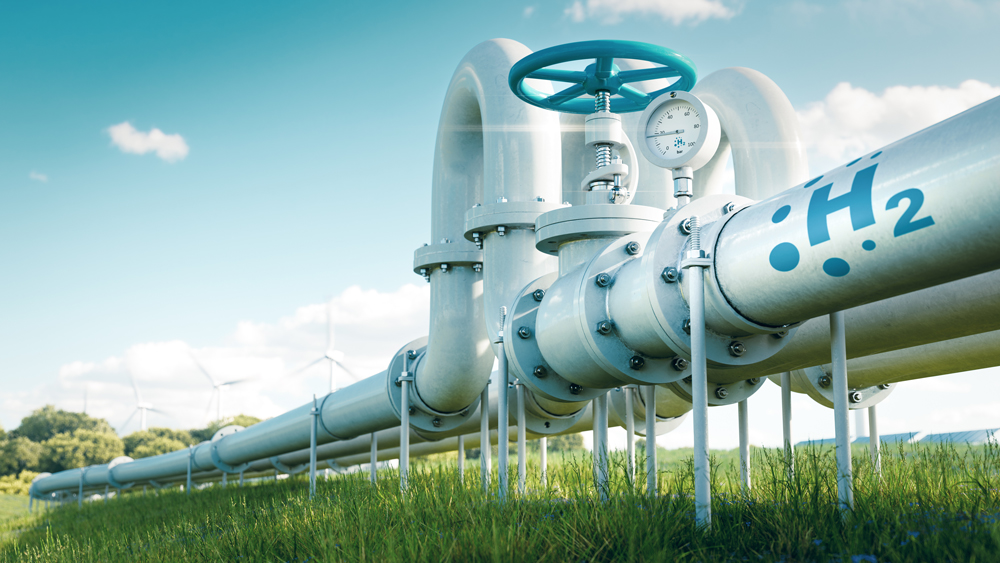Germany's SEFE Weighs Investments in Hydrogen Storage, Pipelines
(Reuters) — German nationalized gas trader SEFE is exploring transforming some of its underground storage caverns and pipelines to clean hydrogen, its CEO said, indicating this could involve investments of roughly 500 million euros ($541 million).
"The exact investment calculation is not yet available, but we are talking about sums in the mid three-digit million-euro range for converting some of our gas storage sites to hydrogen," Egbert Laege told Reuters in an interview during the E-World trade fair.
Separate investment requirements for converting some pipelines of its transport subsidiary Gascade to hydrogen would be much higher, said Laege, putting them in "a low single-digit billion euros" range.
Germany is seeking to expand reliance on hydrogen as a future energy source to cut greenhouse emissions and fossil fuel dependence in industries that cannot be electrified, such as steel and chemicals.
SEFE is best known as supplier of some 200 terawatt hours (TWh) of gas per annum to industry and onward distributors mainly in Germany, Britain and seven other European markets. It also operates 5.6 billion cubic meters of gas storage caverns, a quarter of Germany's total capacity.
Formerly owned by Gazprom, SEFE targets green hydrogen as part of the transition to low carbon energy.
This also applies to the gas pipeline transport company Gascade operated by WIGA, an equal joint venture of SEFE and BASF's Wintershall Dea unit.
Decisions on the storage measures - that would involve the Jemgum, Rehden and Haidach sites grouped in the astora division - will be taken this year, Laege said.
They would be aimed at making entirely new or converting cavern spaces available to the market from 2030, especially acting as a seasonal buffer.
SEFE's plans for a 20 gigawatt (GW), 1,200 km hydrogen pipeline called Flow, initiated by Gascade, EnBW's EBKG.DE Terranets and VNG's VNG.UL Ontras since late 2022, are already more advanced.
The Flow investments might be made from next year up to 2028, Laege said.
Flow fits in with the German national core hydrogen grid plan, outlined last November as a cornerstone of Berlin's clean hydrogen strategy.
Germany, which nationalized SEFE in 2022 in the wake of Europe's energy crisis, must exit the company by end-2028, a process Laege said could start if performance over the two years remained strong, adding state credit lines amounting to 7 billion euros were no longer being used.
($1 = 0.9251 euros)
Related News
Related News

- Keystone Oil Pipeline Resumes Operations After Temporary Shutdown
- Freeport LNG Plant Runs Near Zero Consumption for Fifth Day
- Biden Administration Buys Oil for Emergency Reserve Above Target Price
- Mexico Seizes Air Liquide's Hydrogen Plant at Pemex Refinery
- Enbridge to Invest $500 Million in Pipeline Assets, Including Expansion of 850-Mile Gray Oak Pipeline





Comments